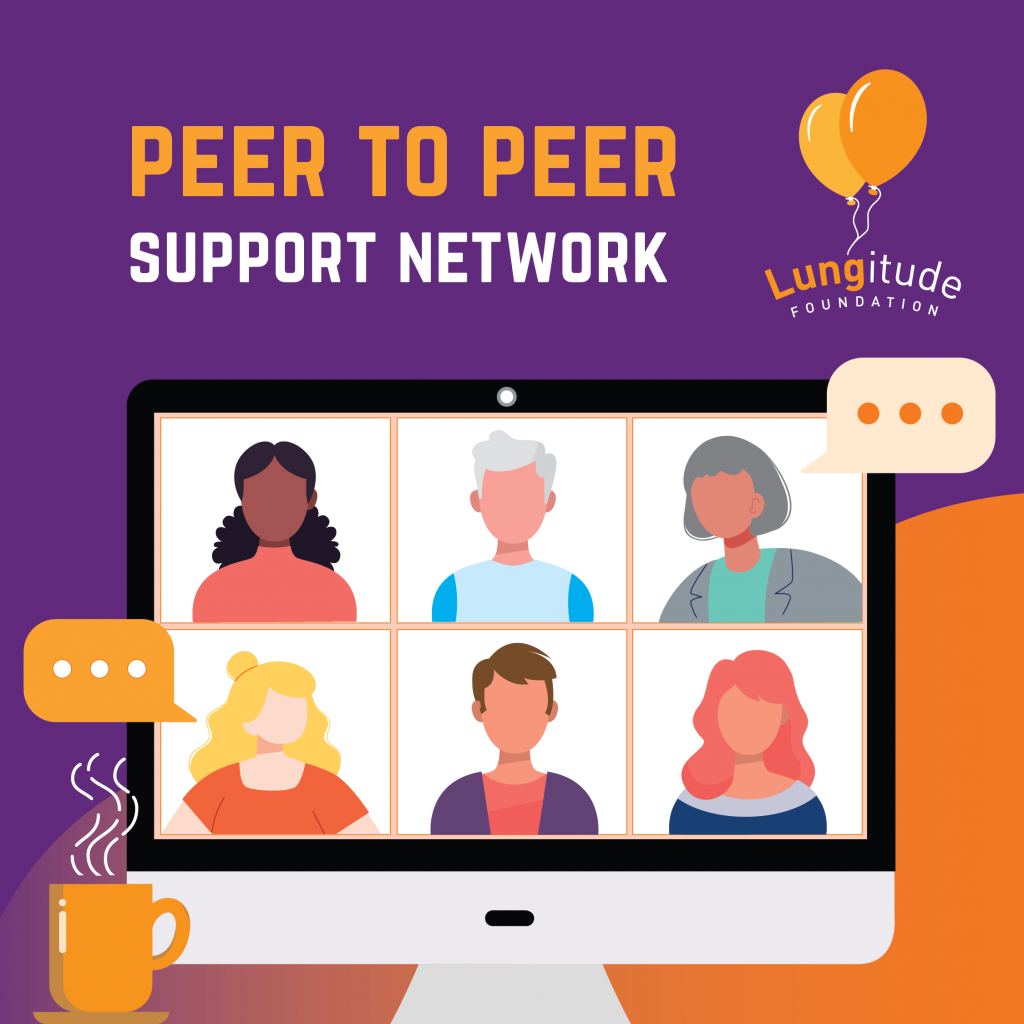
One promising approach is the integration of behavioral therapies with cognitive-behavioral techniques. These therapies focus on building organizational skills, time management, and self-monitoring, which can help individuals with ADHD harness their unique cognitive styles. For instance, a recent study published in the Journal of Attention Disorders highlighted how structured routines and visual aids significantly improved focus in children with ADHD. Parents and educators are encouraged to create environments that minimize distractions and implement clear schedules to foster better concentration.
In conclusion, while ADHD presents unique challenges regarding focus and attention, there is hope in the form of emerging strategies that go beyond traditional medication. A combination of behavioral therapies, technological tools, physical activity, mindfulness practices, and dietary adjustments offers a comprehensive approach to improving focus for those affected by ADHD. As awareness of these methods continues to grow, individuals with ADHD can look forward to a future marked by enhanced concentration and productivity.
Recent studies estimate that approximately 5% of children and around 2.5% of adults are diagnosed with ADHD globally. It is not merely a childhood disorder; many individuals carry its effects into adulthood, where challenges can manifest in various ways, including difficulties in maintaining employment, managing relationships, and organizing daily tasks. Failing to recognize ADHD as a legitimate condition can hinder individuals from seeking the help they need.
Attention Deficit
Hyperactivity Disorder (ADHD) affects millions of individuals worldwide, manifesting in symptoms such as inattention, hyperactivity, and impulsivity. While these challenges can be daunting, effective coping strategies can significantly improve the quality of life for those living with ADHD. As awareness of this condition grows, so too does the understanding of practical approaches to manage its symptoms and harness its potential.
Another essential strategy involves setting realistic and achievable goals. Individuals with ADHD may often feel overwhelmed by larger tasks, leading to procrastination or frustration. By breaking down these tasks into smaller, more manageable segments, individuals can cultivate a sense of accomplishment and motivation. This approach not only fosters productivity but also enhances self-esteem, which can sometimes be negatively impacted by the challenges associated with ADHD.
Combining Methods for ADHD Success
Increased ADHD awareness highlights the value of
holistic treatment strategies. Combining medication, therapy, mindfulness, technology, and lifestyle changes offers a holistic strategy for managing ADHD symptoms.
Foods That Improve ADHD Focus
Diet adjustments show potential for boosting focus in ADHD management. Research suggests that certain nutrient-rich foods, such as those high in omega-3 fatty acids and antioxidants, may have a positive impact on cognitive function. Additionally, maintaining a balanced diet and regular exercise can contribute to overall well-being and improved concentration.
Diagnosing ADHD can be complex, as there is no definitive test for the disorder. Instead, healthcare professionals rely on comprehensive evaluations that include behavioral assessments, interviews, and standardized rating scales. It is crucial for clinicians to differentiate ADHD from other conditions that may present similar symptoms, such as anxiety or learning disabilities.
Physical activity is another crucial factor in managing ADHD symptoms. Research indicates that regular exercise can have a positive effect on mood, attention, and cognitive function. Schools and workplaces are beginning to recognize the benefits of integrating movement into daily routines. Programs that incorporate short physical activity breaks during lessons or work hours can lead to increased focus and overall productivity. Experts recommend that individuals with ADHD engage in at least 30 minutes of moderate physical activity most days of the week.
Apps for ADHD Focus and Organization
Furthermore, technology is playing a pivotal role in the management of ADHD symptoms. Apps and platforms provide ADHD users with tools for organization and focus improvement. For instance, applications that utilize gamification to encourage task completion and time management are gaining popularity. Interactive tools offer immediate feedback, encouraging habit formation and task completion.
The Impact of Mindfulness on ADHD
Mindfulness and meditation are proving effective for enhancing ADHD exercise routines (
https://flipboard.com/@OwnAdhd/-what-are-adhd-people-attracted-to---own/a-k9hASf7IRZyycv_Ft3LjDA:a:4124486047-5ee5c5b669/ownadhd.com)-related focus. Research published in the Journal of Attention Disorders indicates that mindfulness-based interventions can significantly enhance attention span and reduce impulsivity in individuals with ADHD. Mindfulness fosters awareness, enabling better focus redirection for ADHD patients. "Mindfulness helps individuals with ADHD to center themselves, reducing anxiety and improving concentration," notes Dr. James Lee, a neuroscientist studying the impact of mindfulness on cognitive function.